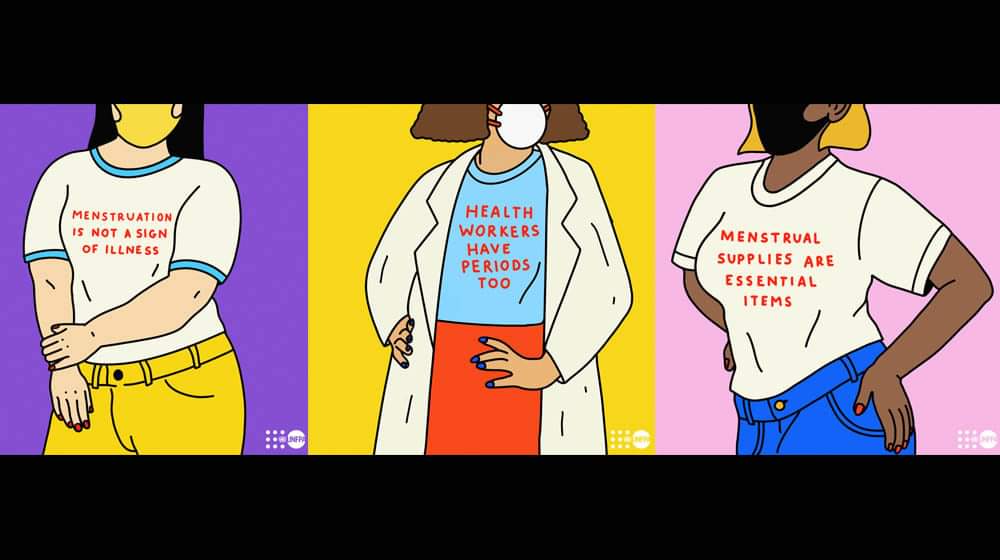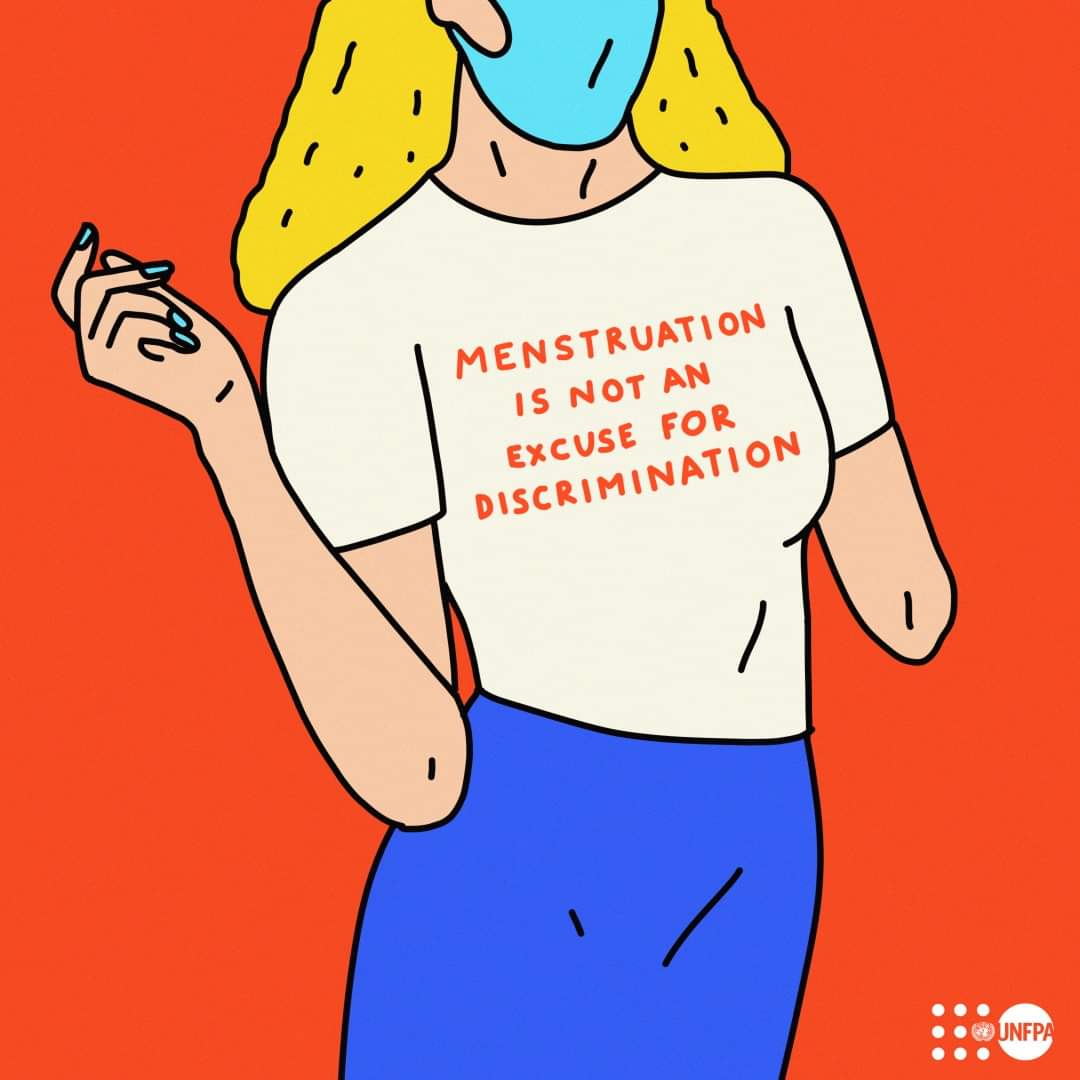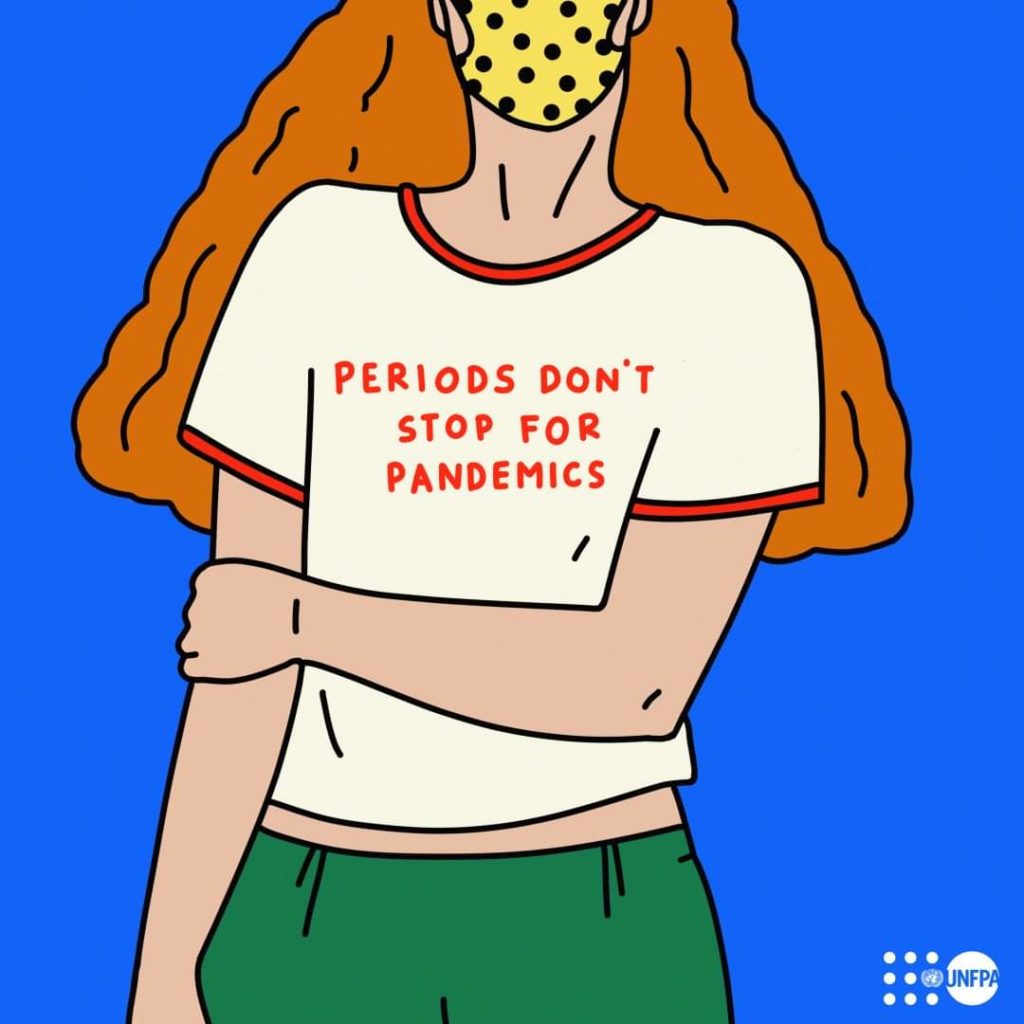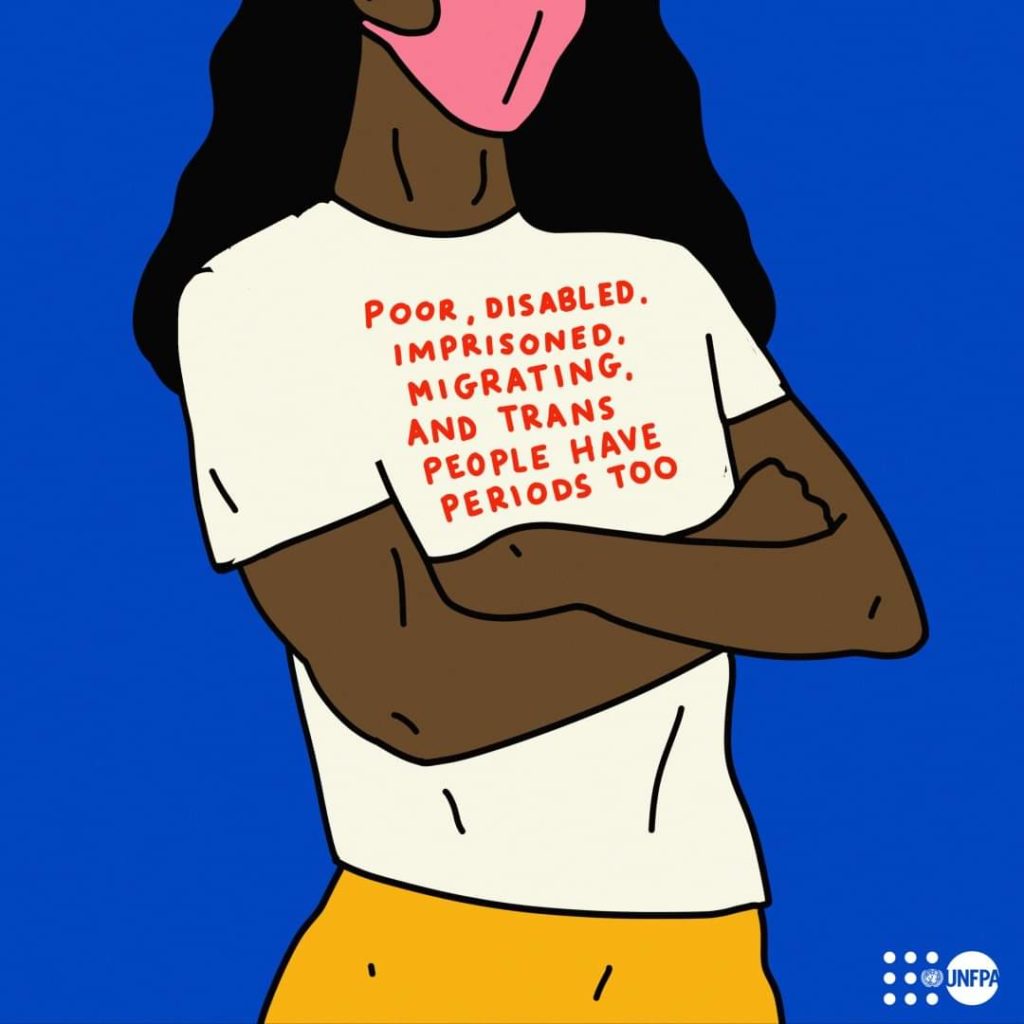By Naushalya Rajapaksha
Whilst Scotland has become the first country in the world to make period products free for all, imposing a legal obligation on local establishments to guarantee that tampons and sanitary pads are available to “anyone who needs them”, period poverty is still a taboo topic, with an eternal seat in the line of issues faced by the majority of the young girls and women in Sri Lanka. With a 72nd place ranking in the 2020 UNDP Human Development Report (HDR), and 52% of the population being female, the majority of over 12 million young girls and women in Sri Lanka stand an unremitting trial to either access or afford suitable sanitary products, once a month.

The following are the prices (subject to change) of some of the mainstream sanitary napkin products (10 pc packets) available in Sri Lanka;
Fems – Rs.130/-
Eva – Rs. 145/-
Marvel Lady – Rs. 190/-
Whisper – Rs. 210/-
Soft Night Wings – Rs. 242/-
Therefore, it should be indistinctly clear to anyone with even a moderate sense of calculation, that a family with two female individuals needing sanitary products will have to incur a minimum cost of Rs. 260/- (Rs. 130 x 2) a month. Even though this may be an amount which you and I could devote with our eyes closed, it is imperative to understand that for families who are solely dependent on daily wage earners, this ‘Rs. 260/-’ could be an unaffordable and unwanted luxury. Hence, it has been observed by many academics, and advocates in this field, how young girls and women are compelled to resort to unhygienic methods of sanitation during this time of mensuration. This status quo may even be worsened during this time of the Covid’19 pandemic, which propels daily wage income earners and other low-income earners to stay at home, adding more inability to access and afford sanitary products.
According to a Knowledge, Attitude, and Practices (KAP) analysis of 720 adolescent girls and 282 female teachers in Kalutara district (2015), the following were observed; 66% were not aware of menstruation until menarche (the first occurrence of menstruation), 37% of girls miss at least one or two days of school each month due to their period, in Government-sponsored schools, there were 41% availability of soap and only 1% of principals and 6% of teachers stated that emergency sanitary pads were available, 60% of teachers thought blood impure; 80% thought bathing should be avoided, and 40% thought vaginal insertion of tampons has side effects.
Amidst the religious and other cultural barriers aggravating this situation further, when the subsisting amenities prevalent in schools are considered, the 2017 Ministry of Education (MoE), School Nutrition and Health Branch Survey provides evidence to the effect that the majority of schools have sex-segregated lavatory facilities, 88% of schools have access to water, and 98% of schools have access to adequate sanitation facilities. Nevertheless, there still exists a vast disparity in terms of access, given the destitute levels of operations and maintenance of such lavatory facilities, and the affordability of sanitary products. Thus, it is unambiguous that national-level awareness programmes be conducted to deconstruct the prevailing myths and misinformation regarding menstruation and promote the use of sanitary products and other hygienic alternatives, such as reusable sanitary pads, menstrual cups etc.
Therefore, it is imperative that the importance of Menstrual Hygiene Management (MHM) be not only recognized but be uninterruptedly implemented especially in schools and in other educational institutions, as a primary mechanism that needs fixed allocated funding, training, and persistent awareness, to mitigate if not eradicate this issue of period poverty, especially in all levels of education.
On the other hand, one can only hope that the same be applied even in the sanitary facilities afforded in court premises, legal offices, and departments, where (even paid) clean lavatory facilities, with effortless access to sanitary products be available for the female Attorneys-at-Law and other young girls and women who come to these places seeking just and equity. It will only be ironic, that they inter-alia be expected to ‘come in clean hands’ if there are no adequate places for them to even wash their hands properly.
Images courtesy of UNFPA




